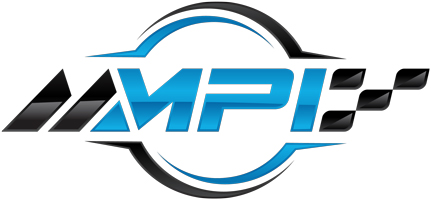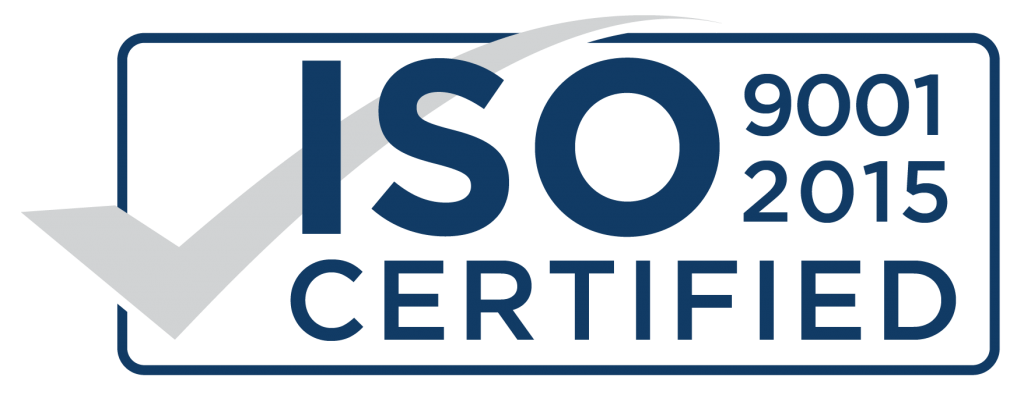Glossary of Global Sourcing Terms
Home /
Glossary of Global Sourcing Terms
Get access to Mechanical Power Glossary of Global Sourcing Terms.
Discover the leading definitions in the Sourcing, Procurement & Supply profession.
3rd Party Logistics (3PL)
A 3PL (Third-Party Logistics) partner or service assists e-commerce merchants with supply chain management. Warehouse and inventory management, order fulfillment, shipping coordination, retail distribution, swaps, and refunds are all common 3PL services.
Activity based costing (ABC)
Activity based costing (ABC) is a more accurate way of allocating manufacturing overhead costs because it first assesses the activities that are truly causing an expense, rather than simply allocate them on basis machine hours.
Agile procurement
Agile procurement is a modern and dynamic approach to purchasing goods and services that emphasizes flexibility, collaboration, and adaptability. It is a procurement strategy that aligns with the principles of Agile project management, which is a methodology used in software development and other industries to deliver value incrementally, respond to changes, and continuously improve the outcome.
Bill of Lading
A bill of lading (BL or BoL) is a legal document that shows the type, amount, and destination of the goods being shipped. It is given by the carrier to the shipper. When the carrier delivers the goods to a predetermined location, the bill of lading also serves as a shipment receipt. No matter how the goods are shipped, this document must go with them. It must be signed by an authorized representative from the carrier, the shipper, and the receiver.
Certificate of Origin
In the intricate landscape of global trade, one document stands out for its significance in determining the origin of goods and ensuring adherence to trade regulations: the Certificate of Origin (COO).
Cross Docking
Methods and technologies that can streamline and minimize costs in the supply chain are continually being updated and modified for particular businesses in the logistics industry. Among them is cross-docking.
Customs Bond
A Customs Bond is a financial commitment between three parties: the surety, the principal, and CBP (Customs and Border Protection), allowing CBP to lodge a claim against the bond if the Principal fails to pay the correct amount of money for duties and taxes based on the import transaction.
Enterprise Resource Planning (ERP)
Enterprise Resource Planning (ERP) is a software system that integrates various business processes and functions into a unified platform to streamline operations, improve efficiency, and facilitate data flow across an organization.
It enables companies to manage and automate key business activities, such as finance, human resources, manufacturing, supply chain, customer relationship management (CRM), and more.
eProcurement Systems
Procurement, alternatively referred to as electronic procurement or supplier exchange, is the process of purchasing and selling supplies, equipment, works, and services using a web interface or other networked system.
Economic Viability
Economic viability in sustainable sourcing refers to the ability of a company to maintain profitable and cost-effective procurement practices while ensuring long-term sustainability.
Estimated Annual Usage (EAU)
Estimated Annual Usage (EAU) in manufacturing refers to the expected or projected quantity of a particular product that a company will produce or consume within a year. It is an important metric that helps manufacturers plan their production schedules, raw material procurement, inventory management, and budgeting.
EAU can be calculated based on historical data, market trends, sales forecasts, and other factors that affect product demand. It is typically expressed in units, weight, or volume, depending on the type of product being manufactured.
Accurate estimation of EAU is crucial for manufacturers to optimize their operations, minimize waste, and ensure timely delivery of products to customers. It also helps them negotiate better prices with suppliers and improve their overall profitability.
Full-Container-Load (FCL)
FCL stands for full-container-load. You pay a flat rate to hire a container for your exclusive use and for its transportation. You don’t have to fill the container, but if you don’t you’ll effectively be paying to transport thin air.
International Freight Forwarders
Over the years, freight forwarding has become a popular and practical approach to international transport. Whether it’s personal or commercial use, freight forwarding firms coordinate the shipment from one location to another.
Less than Container Load (LCL)
Unlike Full Container Load (FCL), which usually has a flat rate per container, LCL is charged based on the volume, set in cubic meters. LCL shipping is a cost-effective solution for smaller shipments as you only need to pay for the volume space used. At the same time it almost always cheaper than air freight.
What is Make-to-stock (MTS)?
Make-to-Stock (MTS) is a traditional approach to manufacturing, where companies produce goods based on anticipated demand. The production is planned and scheduled ahead of time, with the output from one production cycle intended to fulfill customer orders in the following cycle. In this system, production kicks off without waiting for specific customer orders.
Make-To-Order (MTO)
Make-To-Order (MTO) is a manufacturing and production strategy in which products are only manufactured or assembled once a customer places an order. In this approach, companies do not produce goods in advance and keep them in inventory; instead, they wait for a customer’s order before initiating the manufacturing process.
Nearshoring
Nearshoring is the practice of outsourcing to a country that is physically close to your own and has a time zone that is expected to be within 1-3 hours of your own. In the context of western European organizations, this term is frequently used to refer to Eastern Europe and Turkey (possibly also North Africa for some countries).
Parts Scrapping
Parts scraping in industrial manufacturing refers to the process of removing or discarding products that do not meet the quality standards or specifications of the manufacturer. This can occur at any stage of the manufacturing process, from raw materials to finished goods.
Purchasing Agent
Purchasing Agent is a professional who is responsible for purchasing materials, equipment, and other supplies required for the production of a company. They are responsible for finding the best suppliers, negotiating prices, and ensuring that the materials are delivered on time and in good condition.
Procurement Profiling
Procurement profiling is the process of identifying vendors who meet certain criteria. This includes looking at past performance, pricing, and other relevant data.
Production Part Approval Process (PPAP)
Production Part Approval Process (PPAP) is used in the automotive supply chain for establishing confidence in suppliers and their production processes. Actual measurements are taken from the parts produced and are used to complete the various test sheets of PPAP.
Quarantine in Manufacturing
Quarantine in manufacturing might not be a term that you hear every day, but it plays a pivotal role in ensuring the quality and safety of products. This practice involves the isolation of raw materials, components, or finished products away from the rest of the production line.
Scan Data
The process of 3D scanning an object is simple, however, taking the actual process of taking that 3D scan data and creating an actual CAD model is somewhat different. At Mechanical Power we use cutting-edge hardware and software to create the CAD models to eliminated errors and improve product development timeline.
Sourcing Agent
A sourcing agent is primarily responsible for locating suppliers and manufacturers who can meet your requirements. Depending on your needs and whether they can find a solution to your problem, you can choose an independent sourcing agent or an agent from a sourcing agency.
Volatility
Volatility in procurement and supply management refers to the degree of unpredictability and fluctuations in various factors that impact the procurement and supply chain processes. It is characterized by rapid and significant changes in market conditions, such as price fluctuations, demand variability, supplier disruptions, geopolitical issues, and regulatory changes.
Sourcing industrial components at the right price.
Explore our global sourcing solutions capabilities and learn how we can help you grow your business.

